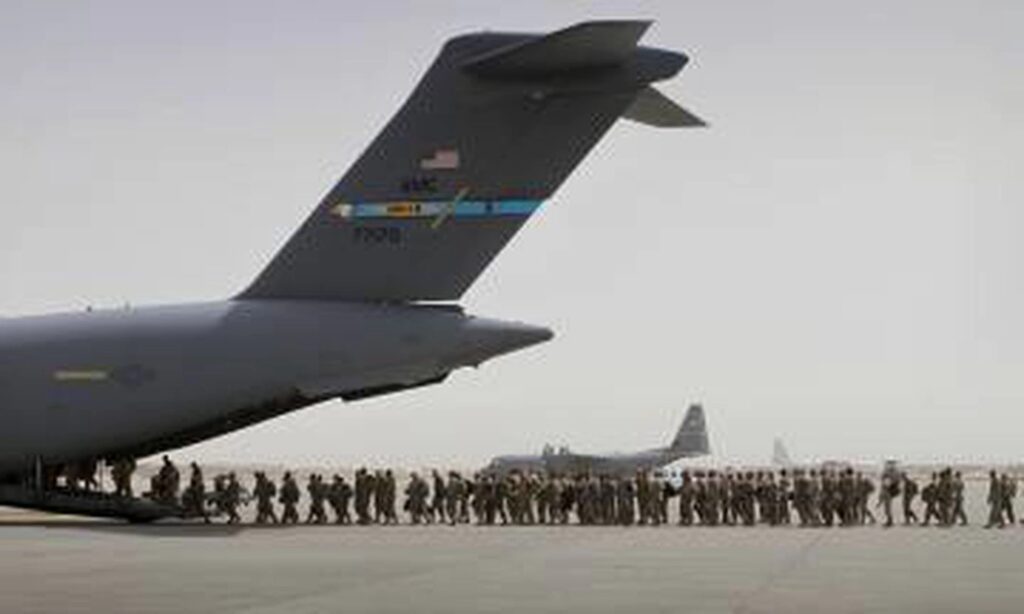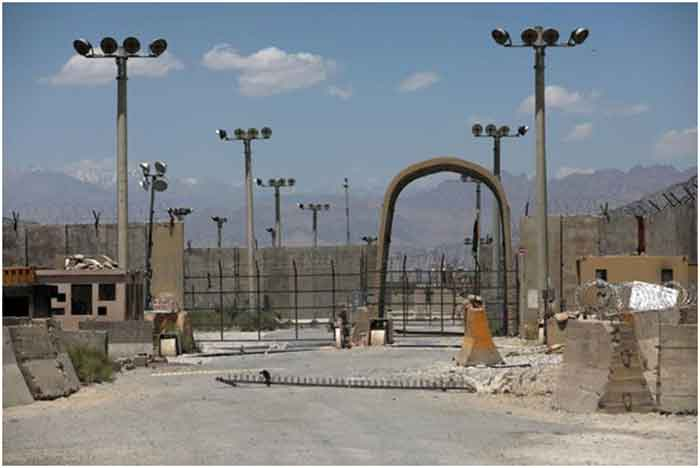Situaţia din Afganistan se deteriorează rapid. Jocul Rusiei, Turciei şi Iranului
Majoritatea trupelor Marii Britanii din Afganistan au fost retrase, a declarat joi premierul Boris Johnson, punând capăt participării Londrei la conflictul de două decenii din această ţară, pe fondul temerilor că plecarea soldaţilor străini ar putea duce la un război civil haotic, relatează Reuters. Autorităţile afgane au desfăşurat mii de soldaţi pentru a contracara o vastă ofensivă a talibanilor în nordul ţării.




